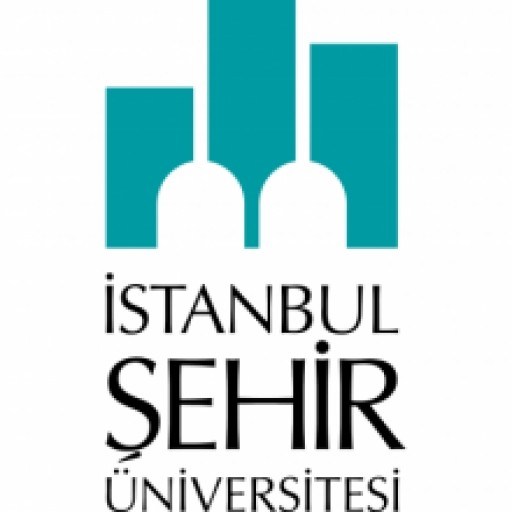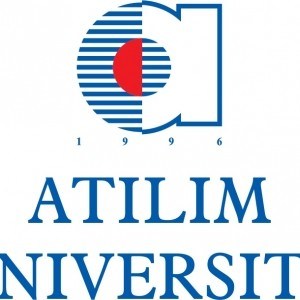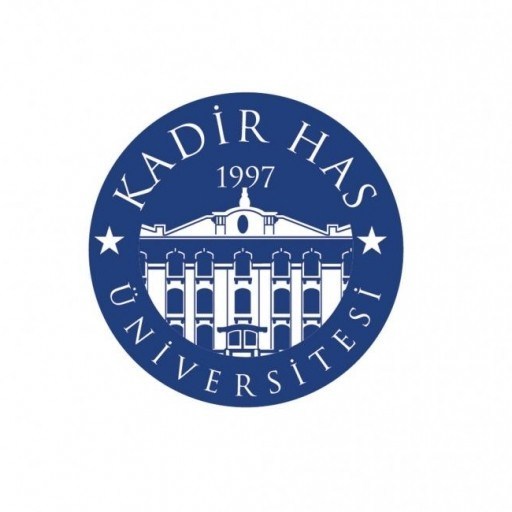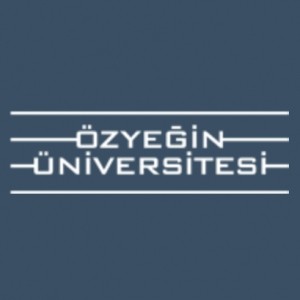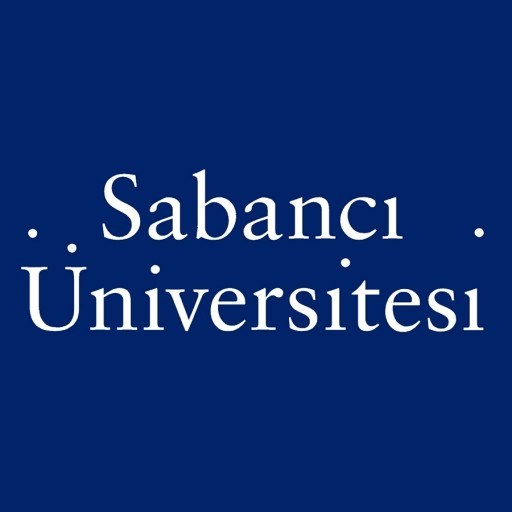Photos of university / #bilkentuniv
Industrial Engineering at Bilkent University is a comprehensive program designed to equip students with the essential skills and knowledge to optimize complex systems and improve processes across various industries. The curriculum combines fundamental engineering principles with advanced techniques in operations research, production planning, quality management, and systems simulation. Students are introduced to topics such as supply chain management, manufacturing systems, data analysis, and decision making, preparing them to address real-world challenges in manufacturing, healthcare, logistics, and service sectors. The program emphasizes both theoretical foundations and practical applications, encouraging students to develop problem-solving abilities and innovative thinking. Through a blend of lectures, laboratory work, industry projects, and internships, students gain hands-on experience and develop competencies in using cutting-edge tools and software for modeling and optimization. The faculty members are experts in the field, committed to providing personalized guidance and fostering research collaborations. Graduates of the Industrial Engineering program at Bilkent University are well-prepared to pursue careers in consulting, operations management, quality control, and systems analysis, or to continue their academic pursuits at the graduate level. The program also emphasizes ethical considerations and sustainable practices, aiming to produce socially responsible professionals who can contribute to technological advancements and economic development. With its strong industry partnerships and active student organizations, the program offers numerous opportunities for networking, professional development, and leadership. The multidisciplinary approach ensures that students are not only technically proficient but also equipped with managerial and communication skills necessary for leadership roles. Overall, the Industrial Engineering program at Bilkent University provides a rigorous and versatile education that prepares graduates to excel in a rapidly evolving global market and to become innovative solutions providers in their chosen fields.
The undergraduate program in Industrial Engineering at Bilkent University offers a comprehensive curriculum designed to equip students with the analytical, technical, and managerial skills necessary to optimize complex systems and processes across a wide range of industries. The program emphasizes the principles of systems engineering, operations research, and decision analysis, preparing graduates to innovate and improve efficiency in manufacturing, healthcare, logistics, supply chain management, and service sectors. Students engage in a rigorous coursework that covers foundational topics such as calculus, physics, computer programming, and engineering fundamentals, progressively advancing to specialized areas including production planning, quality control, simulation, data analytics, and automation. The program fosters interdisciplinary thinking by integrating courses in business administration and management sciences, enabling students to develop strong problem-solving abilities and effective communication skills. Through a combination of lectures, laboratory work, and project-based learning, students gain hands-on experience with state-of-the-art tools and software used in industry. Bilkent University also encourages active participation in research projects, internships, and industry collaborations, providing students with opportunities to apply theoretical knowledge in real-world settings. Graduates of the Industrial Engineering program are well-prepared to pursue careers in consulting, manufacturing, transportation, and many other sectors, or to continue their education in graduate programs. The program’s emphasis on innovation, sustainability, and ethical practices aligns with the evolving demands of modern industrial environments, making Bilkent Industrial Engineering graduates highly competitive and capable of contributing value to global industry.
Program requirements for the Industrial Engineering undergraduate program at Bilkent University include a combination of foundational courses, advanced specialization courses, and practical experiences designed to prepare students for careers in optimization, systems analysis, and process improvement. Prospective students are expected to have a strong background in mathematics, physics, and chemistry, with a focus on analytical and problem-solving skills. The curriculum mandates the successful completion of core courses such as Calculus, Linear Algebra, Differential Equations, Probability and Statistics, and Physics, which form the basis for more advanced topics. Additionally, students must undertake courses in Engineering Drawing, Programming, Engineering Economics, and Quality Management to develop a comprehensive understanding of industrial processes.
Students are also required to participate in laboratory and project-based courses that develop hands-on skills with industry-standard tools and methodologies. For example, courses in Operations Research, Production Planning and Control, and Human Factors Engineering emphasize practical applications aligned with current industrial needs. To foster interdisciplinary competence, the program integrates courses from management, economics, and business administration, such as Principles of Management, Marketing, and Business Communication.
Research projects, internships, and cooperative education experiences are strongly encouraged to enhance practical understanding and industry readiness. The program may also require students to complete a final year project or thesis, demonstrating their ability to apply theoretical knowledge to real-world challenges. English proficiency is essential for program participation, with necessary documentation or testing requirements. Overall, the program aims to produce graduates who satisfy industry standards, possess strong analytical capabilities, and can contribute effectively to technological and process innovations in diverse sectors.
Financing studies for the Industrial Engineering program at Bilkent University are designed to support both domestic and international students throughout their academic journey. The university provides a range of scholarship opportunities, including merit-based scholarships awarded based on high school performance, which can cover full or partial tuition fees. Additionally, Bilkent University offers various financial aid programs aimed at assisting students demonstrating financial need. These include need-based scholarships and grants, which are awarded after the assessment of the student's economic situation.
Students can also benefit from government-funded financial support, such as Türkiye Scholarships for international students, which cover tuition fees, accommodation, and living expenses. Bilkent University encourages eligible students to apply for these scholarships by providing guidance and necessary information during the admissions process. Furthermore, the university facilitates work-study programs that enable students to work part-time on campus, gaining practical experience while earning funds to support their studies.
Apart from scholarships and work-study options, students can seek external funding sources, including private foundations, international organizations, and industry sponsorships, many of which support engineering students in Turkey and abroad. The university’s financial counseling services offer assistance in navigating these options and preparing necessary documentation.
Bilkent University also offers flexible payment plans, allowing students to pay their tuition fees in installments rather than a lump sum, easing financial burden and making higher education more accessible. The cost of the Industrial Engineering program includes tuition fees, which are subject to annual reviews and may be adjusted according to inflation and university policies.
Overall, the university’s financing options aim to minimize financial obstacles, ensuring that qualified students can access a high-quality education in Industrial Engineering without undue economic hardship. Prospective students are advised to consult the university’s official website and admissions office for specific details and the most current information regarding available scholarships, financial aid opportunities, and application procedures.
The Industrial Engineering program at Bilkent University is designed to equip students with a comprehensive understanding of optimizing complex systems and processes across various industries. The curriculum emphasizes a combination of theoretical knowledge and practical skills, including areas such as operations research, systems engineering, manufacturing processes, supply chain management, quality control, and data analysis. Students are encouraged to develop strong problem-solving abilities, analytical thinking, and decision-making skills through coursework, projects, and internships. The program benefits from state-of-the-art laboratories and research centers, fostering an environment conducive to innovation and applied research. Additionally, Bilkent University emphasizes interdisciplinary studies and industry collaboration, preparing graduates to adapt to rapidly changing technological landscapes and global challenges. The faculty comprises experienced academics and industry experts who mentor students and involve them in cutting-edge research projects. Graduates of the Industrial Engineering program are well-prepared for careers in manufacturing, logistics, consulting, technology firms, and many other sectors, or for further academic pursuits. The program also includes opportunities for students to participate in international exchange programs, enhancing their global perspective and cultural understanding. Overall, the Industrial Engineering program at Bilkent University aims to produce highly skilled professionals capable of designing, analyzing, and improving integrated systems to create efficient solutions for business and societal needs.

